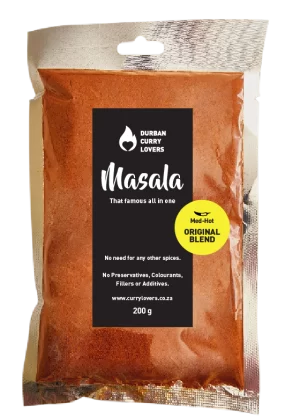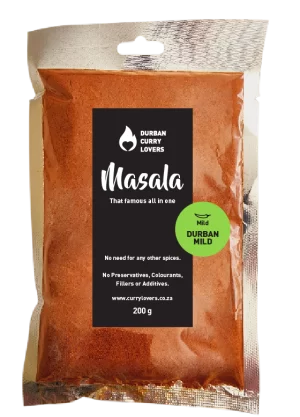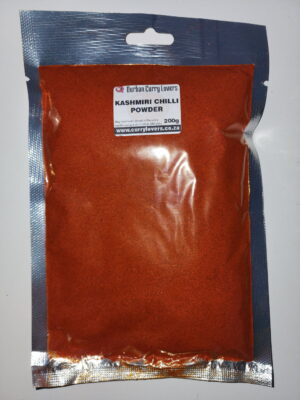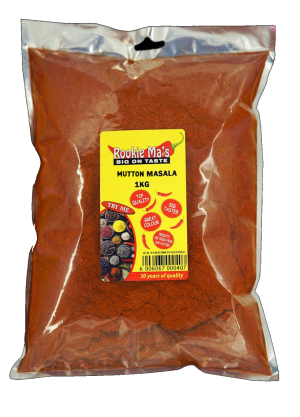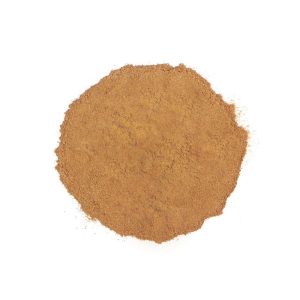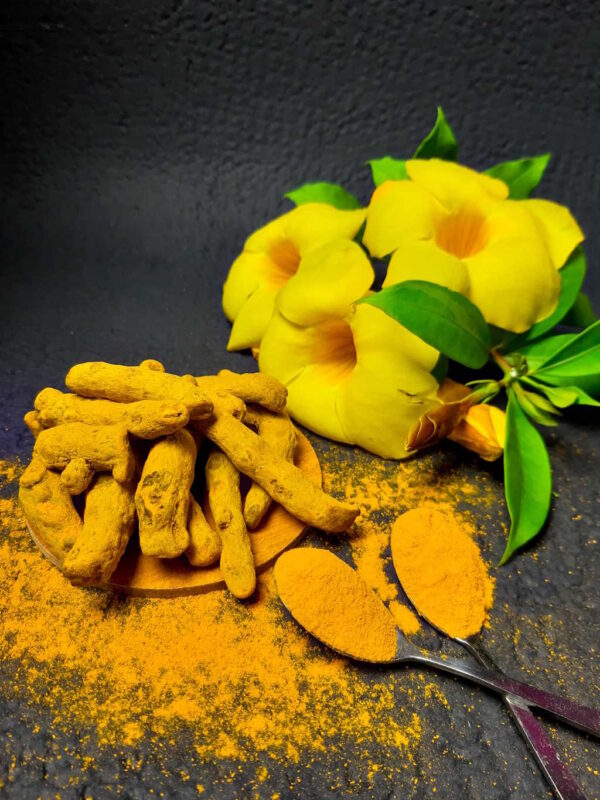
The canvas of Indian culinary traditions is painted with a medley of spices, each one contributing its unique hue and essence. Among these, turmeric, locally referred to as “haldi,” shines bright, both metaphorically and literally. This golden-yellow spice is a staple in Indian kitchens, offering a warm, earthy flavor and a host of health benefits.
Historical Significance
Turmeric’s roots in Indian culture and cuisine run deep, dating back nearly 4000 years. Originally cultivated in the Indian subcontinent and Southeast Asia, its brilliant yellow color, aromatic scent, and myriad of benefits made it indispensable in both culinary and medicinal contexts. Ayurveda, India’s ancient system of medicine, has chronicled turmeric’s potency as a remedy for various ailments, from respiratory issues to skin conditions.
Growing and Harvesting Turmeric
Turmeric is derived from the rhizomes of the Curcuma longa plant. Flourishing in humid and tropical climates, this perennial plant prefers well-drained soils and ample rainfall. The plant showcases broad leaves and produces beautiful funnel-shaped flowers.
About 7-10 months post planting, when the leaves and stem begin to turn brown, the rhizomes are ready to be harvested. They are then boiled, dried, and polished, after which they’re either sold as whole turmeric or ground into the fine, golden-yellow powder that is widely recognized and used.
Health Benefits
Beyond its culinary charm, turmeric is a treasure trove of health-boosting compounds:
- Curcumin: This active ingredient in turmeric boasts powerful antioxidant and anti-inflammatory properties.
- Digestive Health: Turmeric aids digestion and has been traditionally used to treat digestive disorders.
- Antiseptic Properties: It’s a natural antiseptic and is often applied to cuts and wounds.
- Brain Functionality: Some studies suggest curcumin might promote neural health and cognitive function.
- Joint Health: Turmeric can alleviate symptoms of joint pain and arthritis owing to its anti-inflammatory qualities.
Dishes that Celebrate Turmeric
- Haldi Doodh (Golden Milk): A warm, comforting drink made by infusing milk with turmeric and black pepper.
- Turmeric Rice: Basmati rice tinted yellow with turmeric and flavored with aromatic spices.
- Turmeric Pickle: A tangy and spicy preparation showcasing the raw and vibrant flavor of fresh turmeric rhizomes.
- Fish Curry with Turmeric: Fish stewed in a turmeric-infused coconut gravy, widely popular in coastal regions.
- Turmeric Lentil Soup (Dal): A hearty preparation where lentils are cooked with turmeric, yielding a golden-hued comforting dish.
Using Turmeric in Indian Cooking
The application of turmeric in Indian dishes is vast and varied. Its powder form effortlessly merges with the cooking process, imparting color, flavor, and depth. Often, it’s one of the first spices added to hot oil, where it releases its vibrant color and distinctive aroma. It forms the foundation of many curries, rice dishes, and even some desserts. When using turmeric, a little goes a long way. Just a pinch can transform a dish, not just visually but also nutritionally.
In conclusion, turmeric is more than just a spice in Indian cuisine. It’s a cultural emblem, a symbol of health, and an irreplaceable component of India’s rich culinary narrative.
Citations:
- Prasad, S., & Aggarwal, B. B. (2011). Turmeric, the Golden Spice: From Traditional Medicine to Modern Medicine. In Herbal Medicine: Biomolecular and Clinical Aspects. CRC Press/Taylor & Francis.
- Gupta, S. C., Patchva, S., & Aggarwal, B. B. (2013). Therapeutic roles of curcumin: lessons learned from clinical trials. The AAPS journal, 15(1), 195-218.
- Kocaadam, B., & Şanlier, N. (2017). Curcumin, an active component of turmeric (Curcuma longa), and its effects on health. Critical reviews in food science and nutrition, 57(13), 2889-2895.
Note: Always consult with a healthcare professional before adding any new supplement or food to your diet, especially in medicinal quantities.
If you enjoyed this article, then you may enjoy our article on the use of coriander / dhania powder in Indian Cooking.
Here is a list of 20 spices commonly used in Indian cooking, with their translations.

